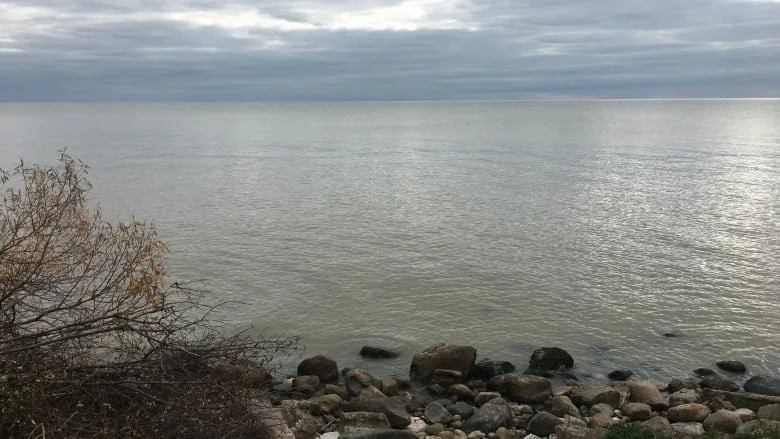'Very important project': New pipeline brings much-improved drinking water to Tottenham residents
The recently completed pipeline extension to Tottenham has brought major improvements to the community’s drinking water, the Town of New Tecumseth reports. The town said testing performed following the pipeline’s activation June 1 showed levels of trihalomethanes (THMs) reduced by about 50 per cent from May. The annual running average has dropped to 82.7 micrograms per litre (µg/l), and the town says this level is expected to decrease further as the pipeline continues to be used. THMs are a byproduct of the chlorination process and, according to Health Canada, have been linked in some studies to potential health risks, like an increased risk of cancer following long-term exposure at high levels.





















